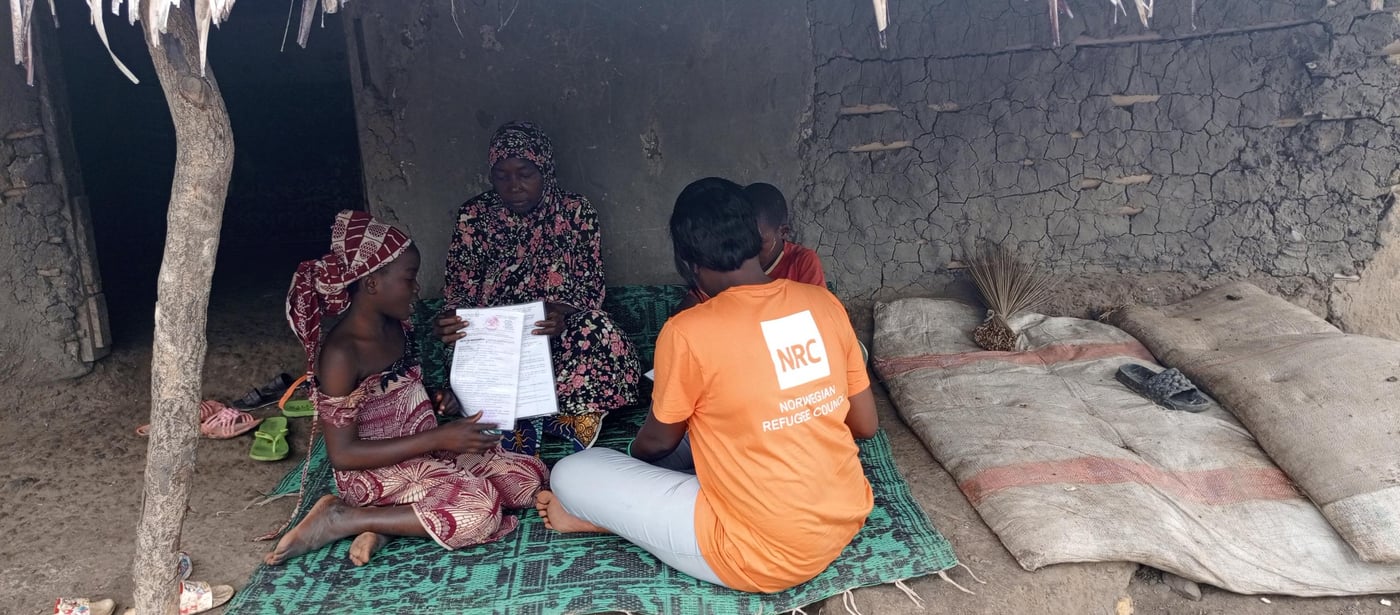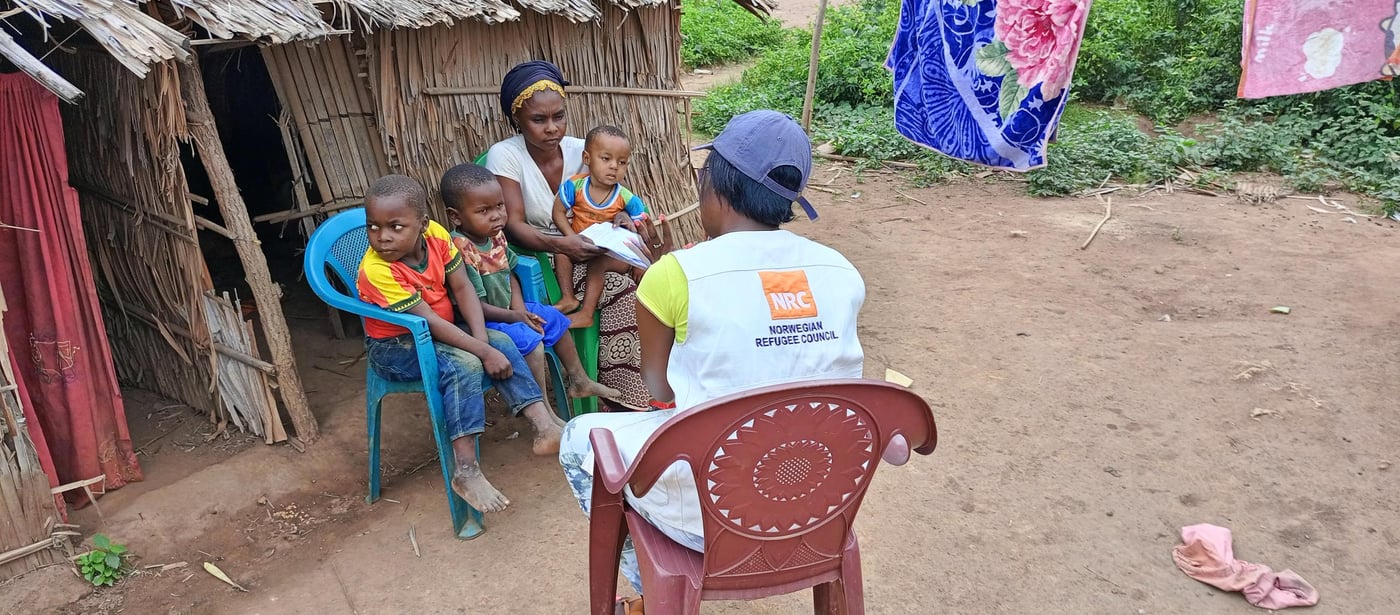The armed conflict in western CAR, including renewed violence following the 2020 general election, continues to trigger population movements across the border, and the number of refugees increased in 2022.
Over 70 per cent of CAR refugees in Cameroon live in local communities in the East, Adamawa and North regions, putting significant pressure on the already limited resources and services in these areas. Tensions between refugees and communities arise over access to drinking water, and basic social services such as education and healthcare. In the East region, access to cultivable land, rising rents, and the increased strain on valuable resources such as wood and pasture are a major concern.
Protection is another critical need. Many refugee children born in Cameroon remain without a birth certificate, preventing them from accessing basic services and rights, such education and the freedom to move with their families without the risk of being separated. Civil registration services in the East region have low coverage and lack the infrastructure, equipment and personnel to function properly.
Moreover, socio-cultural factors affect people's access to civil registration. Some families do not recognise the importance of issuing a birth certificate, while others do not have the financial means to secure one. This means that people are often late in requesting the certificate, forcing them to resort to expensive legal processes to obtain court orders.
Access to adequate housing is also dire, and most refugee families live with host families or in rudimentary housing made of wood and straw. Homes are overcrowded, often leading to issues such as poor sanitation and hygiene.
Djeinabou, 32, is a Central African refugee living in Bombé Bakary, a small village hosting many CAR refugees in the East Cameroon region.

"I live in a polygamous household with my four children since we were forced to flee our village because of the crisis. Life is very difficult at times, and we get by with a bit of farming and working in small businesses to try and find enough to eat. On top of that, we must worry about the future of the children. They must go to school. We can't do anything because we don't have the means, we can't manage to get by. We've been forgotten here in Cameroon, and it is very difficult for us to think even about our families’ future,” says Djeinabou.
The right to an identity
The right to an identity is a fundamental right to which every human being, without exclusion or discrimination, should have access. However, in Bombé Bakary, several issues are hindering people from exercising this fundamental right.
Bombé Bakary is an area that is difficult to access and is separated from CAR by a river. Basic social services are non-existent, and the village is not covered by any communications network. Administrative laxity and procedural slowness from staff in charge of civil and legal documentation also discourage parents from requesting birth certificates. As a result, most people living in Bombé Bakary end up with neither birth certificates nor identity cards.
In response to these challenges, NRC’s Information, Counselling and Legal Assistance (ICLA) programme, with support from the Swedish Private Funds project, facilitated the issuing of birth certificates. Mobile legal clinics were set up in remote villages to reach populations in need of legal assistance. In addition, birth registration books were made available to each village head, making the registration process more accessible and fostering a systematic approach to the declaration and registration of births.
The provision of legal assistance resulted in the issuing of 500 birth certificates across three project locations: Bombé Châteaux, Bombé Bakary and Kwélé. In August 2023, over 150 birth certificates were issued to children in Bombé Bakary. This crucial document enables these children to access essential services, including education.

"Is there a more important document for a child than the birth certificate? But none of my children had one! Every time my twins went to school, the teacher asked them for their birth certificate, but they didn't have one and that used to hurt me. I've been lucky because my children will now go to school without any problems, they will take competitive exams and will succeed in their lives," says Djeinabou happily.
A neglected crisis
The dire crisis in CAR continues to trigger massive forced displacement, increasing pressure on resources and living conditions in host communities and countries. Intense militia activity and inter-community violence hampers humanitarian access and exposes civilians to serious protection risks.
According to the UN Office for the Coordination of Humanitarian Affairs (OCHA), CAR remains the country with the highest humanitarian needs per capita, with 50 per cent of the population having to rely on humanitarian assistance to survive. A quarter of the population are displaced, either within CAR or in a neighbouring country.
In July 2022, over 150,000 people returned from Cameroon to western CAR.
The return to peace in CAR is slow in the border towns, and is limited to the urban centres, leaving the population with poor access to basic social services. Violence continues to deter people from returning, and the number of returnees has considerably dropped since 2020 despite support from the UN refugee agency (UNHCR). Added to this is the difficulty returnees face in accessing land, and proving their nationality or ownership of their property in the absence of critical legal documents.
At the start of 2023, some 4.7 million people across Cameroon required aid. But funds remain limited. Less than 20 per cent of the humanitarian response has so far been covered by international donors, and there are few signs that this will improve in the short to medium term.
Durable solutions for CAR refugees and local communities in the East region of Cameroon have yet to be found, and the crisis remains forgotten – a country far from the international community’s focus.


